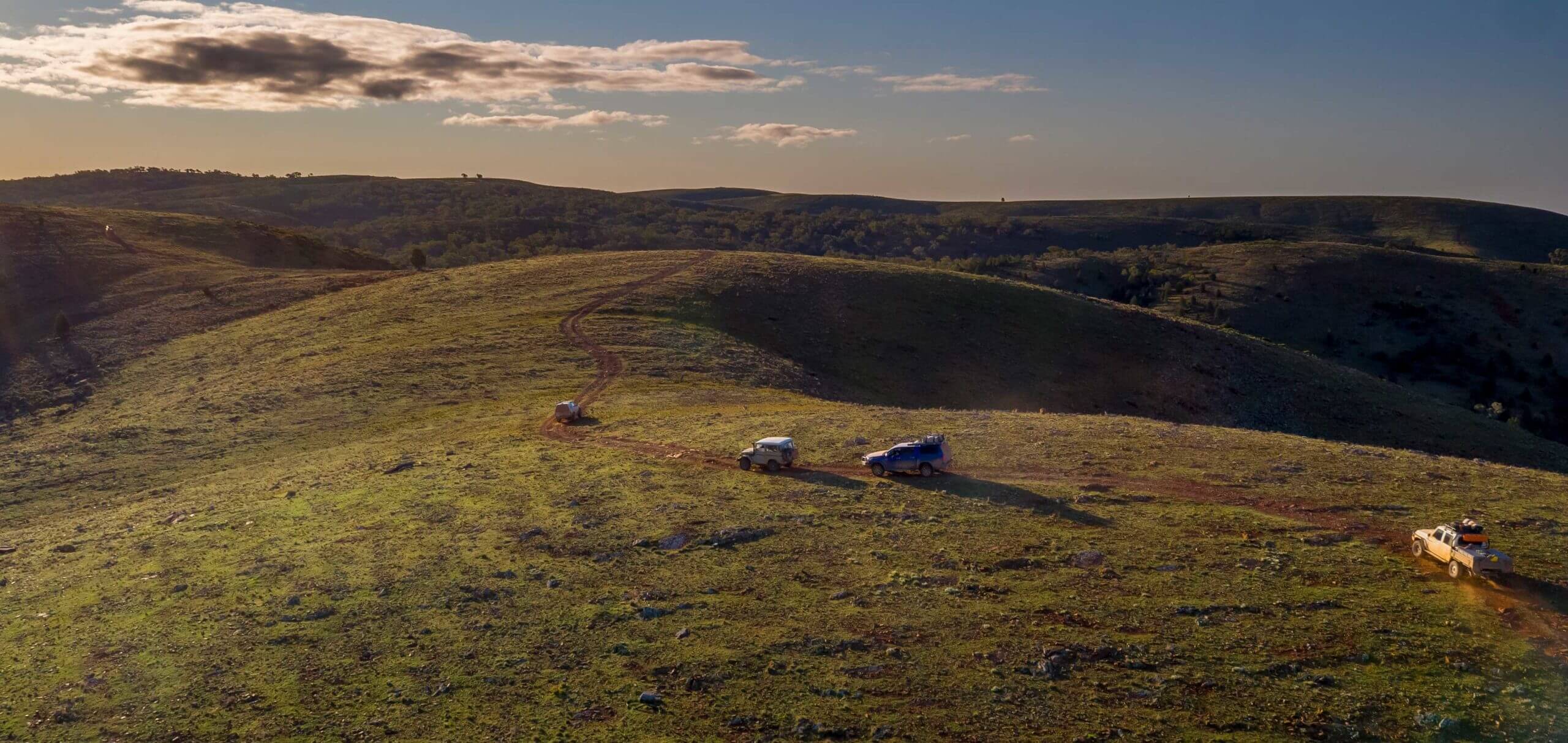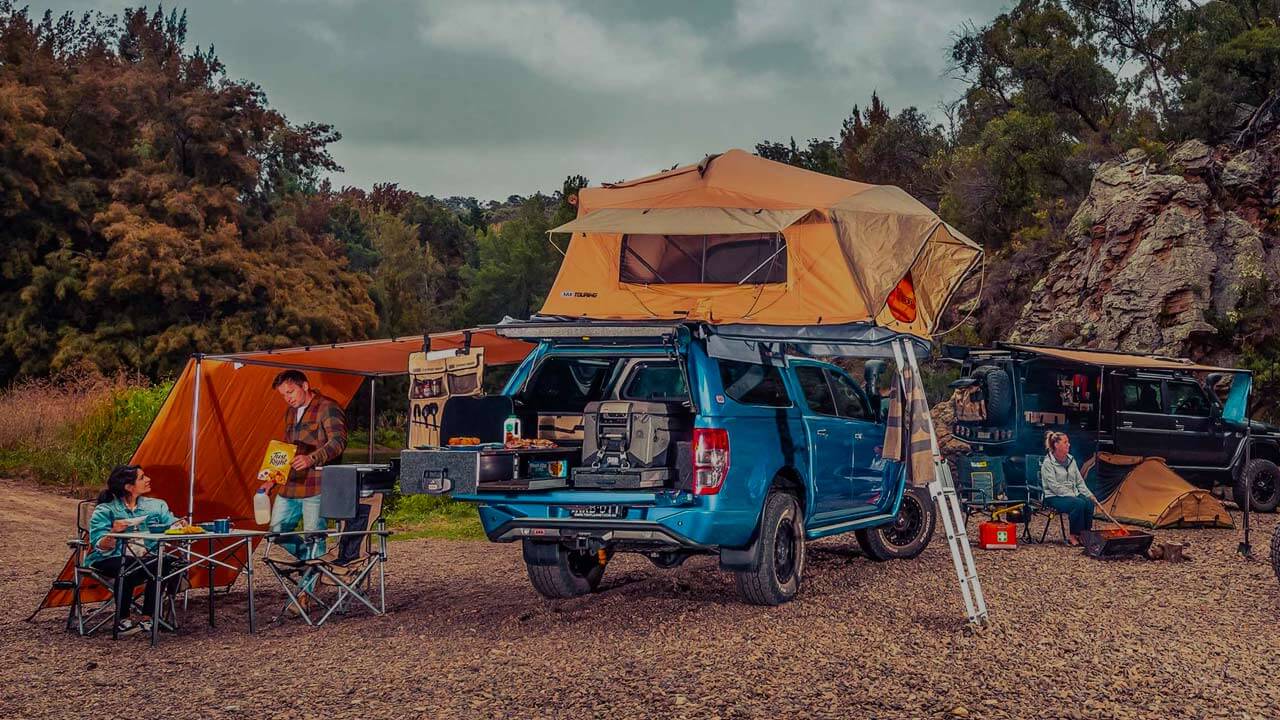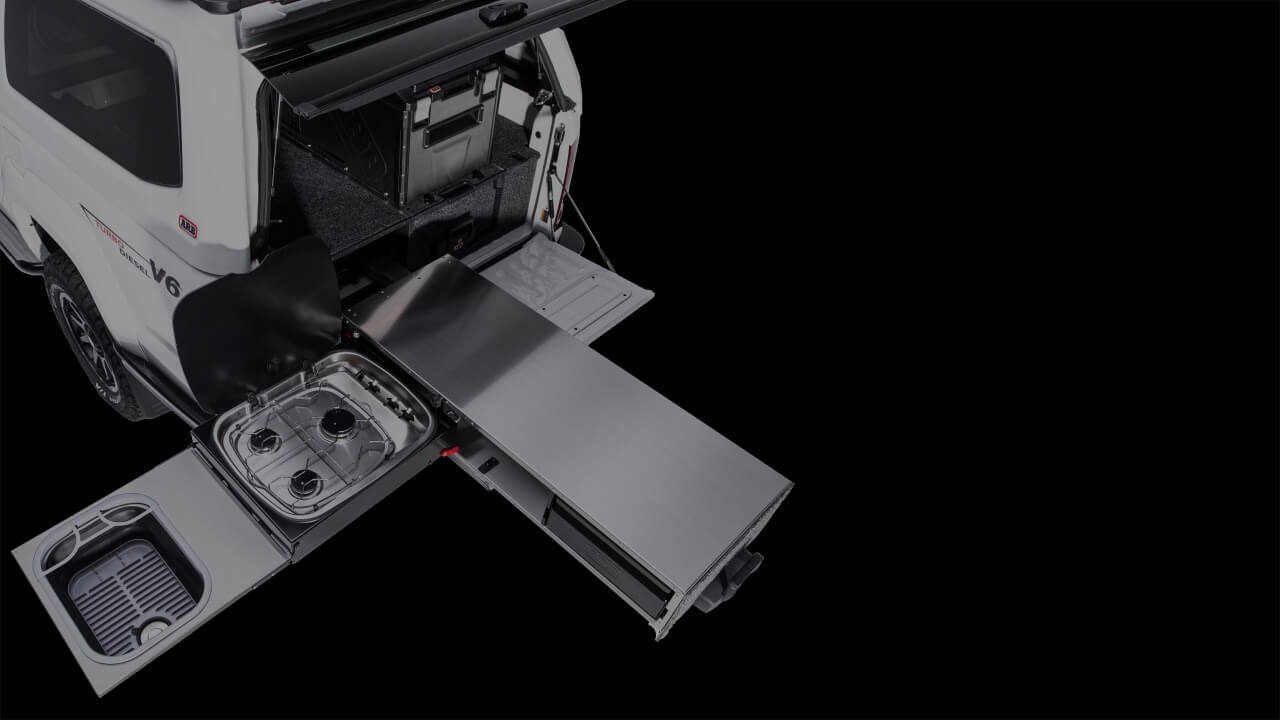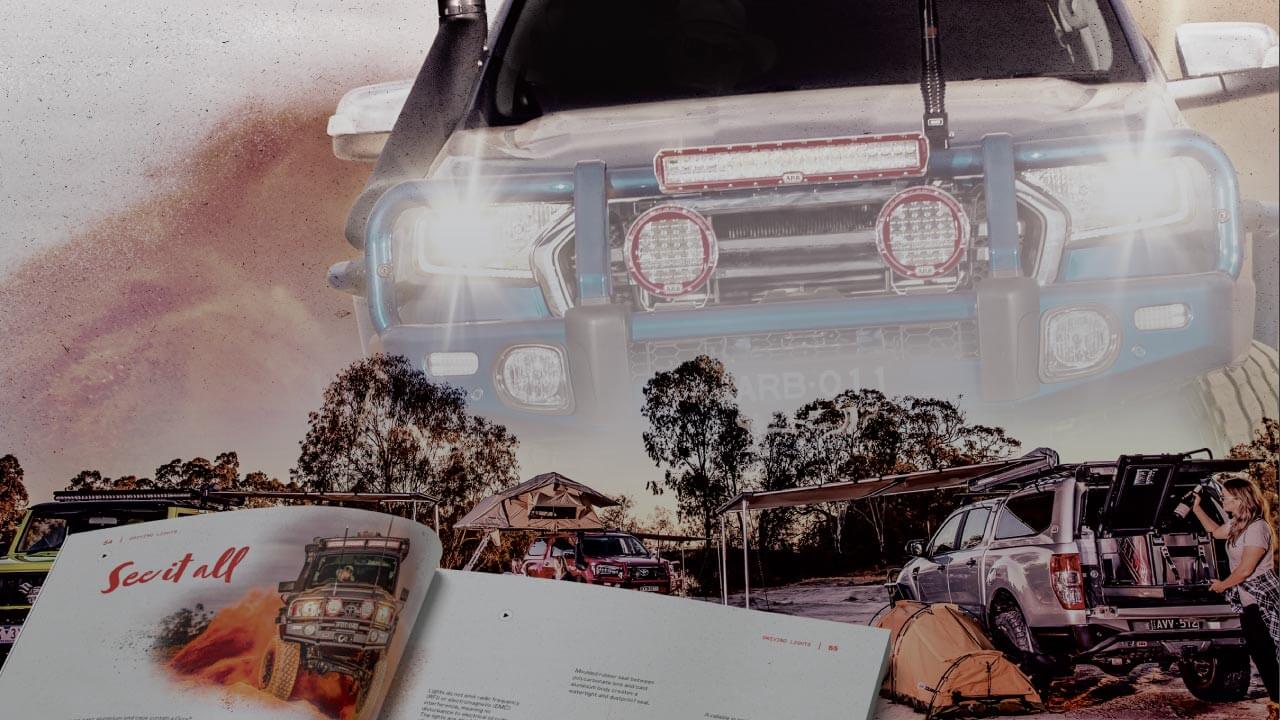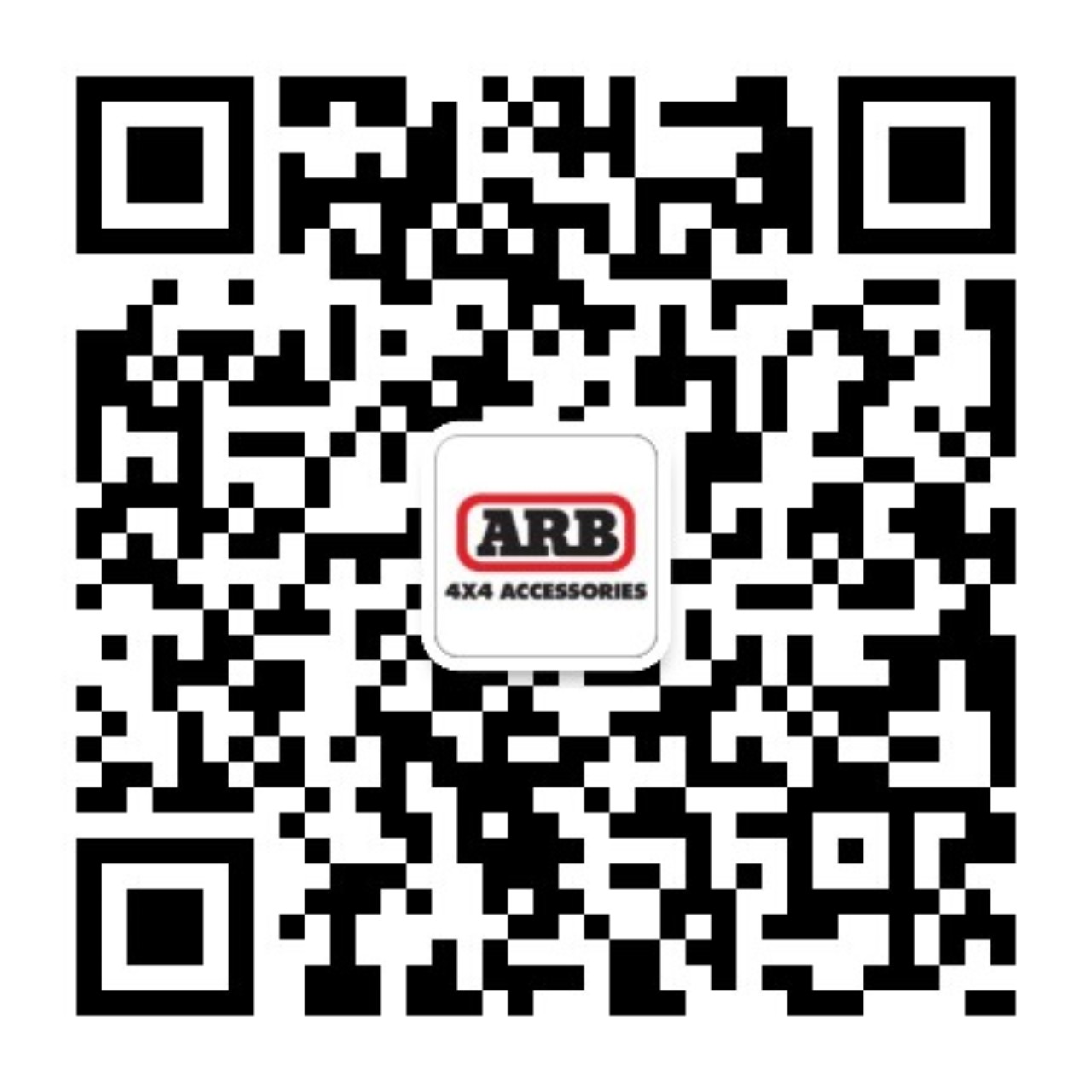28th January, 2015
Although throwing a swag on the roof and just heading bush may sound like a great idea, being well prepared will make your trip far more enjoyable and hassle free.
Research
Thoroughly research the area you are travelling through or to. Ensure that you have the most current maps and carry a GPS (global positioning system) if possible.
Thoroughly research the area you are travelling through or to. Ensure that you have the most current maps and carry a GPS (global positioning system) if possible.
Notify someone of your itinerary
Tell a relative of your general itinerary and notify local police before travelling into remote areas. If you change your itinerary, let someone know.
Maintenance checks
Have your vehicle serviced and checked by a competent mechanic to ensure there are no likely mishaps. Items to pay particular attention to are:
- Suspension components
- Steering linkages
- Wheel bearings
- Cooling system
Packing your gear right
- Take only the necessary gear required for the trip
- Remember that an overloaded vehicle is more prone to mechanical failure and will respond differently in adverse weather conditions
- Allow for greater braking distances, reduced cornering speeds and slower acceleration
Medical emergencies
- Carry a complete first aid kit and ensure that all personal and prescription medicines are well marked
- Carry a basic first aid manual that is up to date with current techniques
Roadside assistance
- Ensure auto club memberships and insurance policies are up to date. Keep a list of contacts in your glove box
- Carry an appropriately sized fire extinguisher and fire blanket
Communications
Keeping in contact can save lives. Carry the right communications equipment for your area of travel. These may include some or all of the below:
- Mobile phone (subject to service areas)
- Satellite phone (country or worldwide communications)
- CB radio (UHF or AM frequencies) for vehicle to vehicle
- HF radio (long distance and emergencies)
- EPIRB (Emergency Position Indicating Radio Beacon)
Road conditions
Check the road conditions before travelling into remote areas. Many Outback roads become impassable during the wet season and heavy fines apply for travelling on closed roads.
Know your vehicle
Familiarise yourself with the vehicle and know how to access and change items such as:
- Spare tyre, jack and wheel brace
- Radiator hoses
- Fan belts
- Fuses
- Ensure you understand how to engage 4WD and how to lock/unlock free wheeling hubs (if fitted)
Tools & spares
Always carry a small tool kit and basic spares to cater for minor breakdowns. If travelling to more remote areas, a larger selection may be required.
Tool kits may include:
- Socket set to suit the vehicle (metric or imperial)
- Set of ring/open end spanners
- Adjustable spanner
- Pliers and wire cutters
- Vice-grips
- Set of screwdrivers
- Jack and base plate (timber or chequer plate)
- Wheel brace
- Hammer, punch and chisel
- Tyre levers and bead breaker
- Radial tyre repair plugs and tool
- 12 volt air compressor and gauge
- Battery jumper leads or power pack
- Thread file
- Feeler gauge
- 12 volt test light
- Electrical tape
- Tube of silicon sealant
- Can of WD40
Spares may include:
- Fan, air conditioning and power steering belts
- Radiator and heater hose
- Fuel line and a fuel filter
- Tyre tube and patches
- Selection of fuses and bulbs
- Air and oil filter

